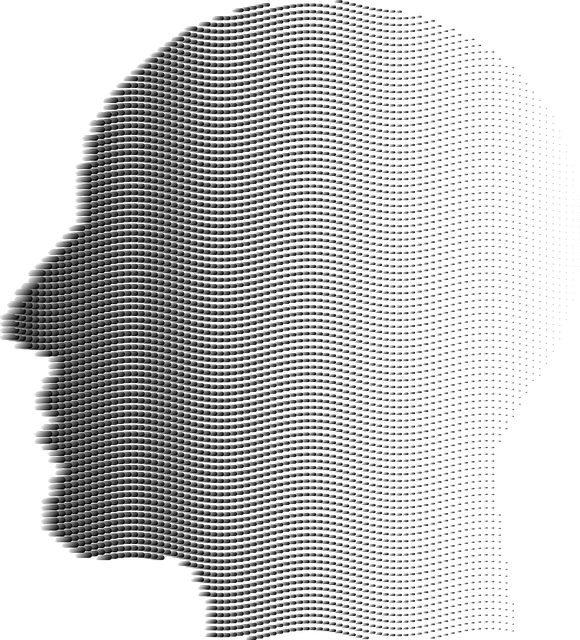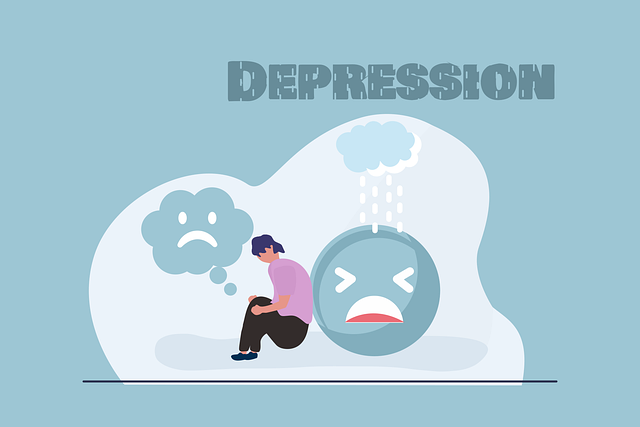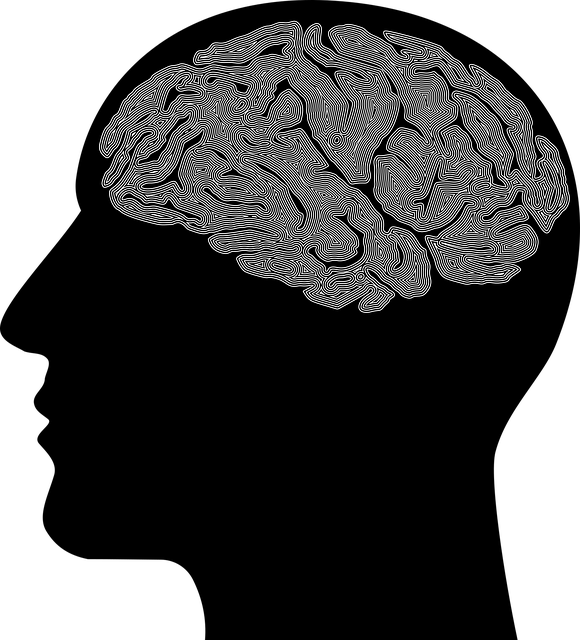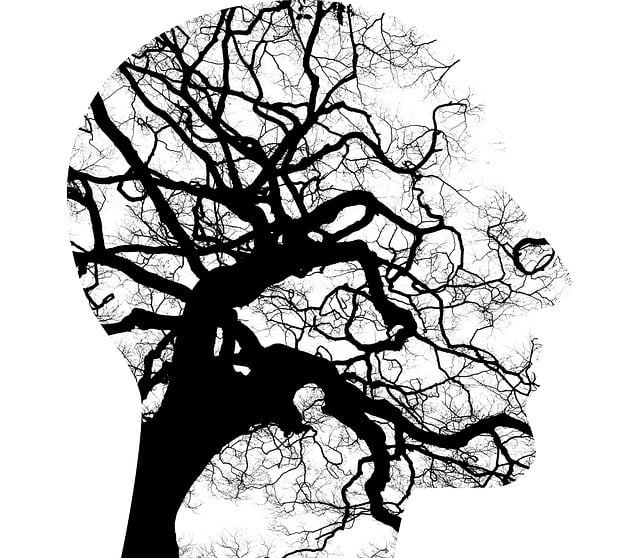In today's digital age, specialized apps like those inspired by Wheat Ridge Domestic Violence Therapy are crucial in addressing growing emotional well-being needs, especially for domestic violence victims. These apps provide secure, user-friendly platforms offering counseling, journaling tools, and crisis interventions tailored to individual needs, fostering healing and self-improvement. By integrating evidence-based practices, mood trackers, meditation sessions, educational resources, and community forums, these apps empower users with mental wellness coaching while ensuring accessibility and convenience from any location. Continuous development based on analytics and user feedback ensures the app remains effective in promoting holistic mental health for diverse user needs.
In today’s digital age, mental wellness apps offer vital support for individuals facing challenges like domestic violence. The demand for accessible, effective solutions is growing, especially in areas like Wheat Ridge, where specialized therapy tools can make a significant impact. This article explores the development of Wheat Ridge Domestic Violence Therapy apps, from understanding user needs to implementing essential features and gathering feedback for continuous improvement. Discover how these apps create safe digital environments to enhance recovery journeys.
- Understanding Mental Health App Needs in Today's Society
- Target Audience: Who Needs Wheat Ridge Domestic Violence Therapy Apps?
- Essential Features for Effective Domestic Violence Therapy Apps
- Development Process: Building a Safe and Supportive Digital Environment
- Measuring Success and User Feedback for Continuous Improvement
Understanding Mental Health App Needs in Today's Society

In today’s fast-paced world, mental wellness app development has become increasingly crucial to address the growing need for accessible emotional well-being promotion techniques. With issues like anxiety, depression, and domestic violence affecting a significant portion of the population, innovative digital solutions are essential. For instance, Wheat Ridge Domestic Violence Therapy highlights the importance of specialized apps that cater to these specific challenges.
Apps focused on mental health support should incorporate various features such as Social Skills Training and Empathy Building Strategies to foster meaningful connections and enhance overall well-being. By integrating evidence-based practices into user-friendly interfaces, developers can contribute to breaking down barriers to care and promoting healthy lifestyles. This shift towards digital therapy options ensures accessibility and convenience for individuals seeking support, regardless of their location or personal circumstances.
Target Audience: Who Needs Wheat Ridge Domestic Violence Therapy Apps?

In today’s fast-paced world, mental wellness is a cornerstone of overall health and well-being, especially for individuals experiencing or at risk of domestic violence. Apps designed for Wheat Ridge Domestic Violence Therapy cater to a diverse range of users, primarily those seeking safe spaces to process their experiences and implement self-care practices. This includes survivors of domestic abuse who might find it easier to access counseling services discreetly through their smartphones.
These apps offer valuable resources such as mental wellness journaling exercise guidance and crisis intervention techniques tailored to the unique challenges faced by their target audience. By providing accessible tools for managing trauma, stress, and emotional distress, these digital solutions empower users to take proactive steps towards healing and self-improvement.
Essential Features for Effective Domestic Violence Therapy Apps

When developing an app focused on Wheat Ridge Domestic Violence Therapy, several key features are essential to ensure its effectiveness. Firstly, a secure and confidential platform is crucial for fostering trust between users and their therapists. This includes encrypted messaging, video calling capabilities, and robust data protection measures. Secondly, integrating self-care tools tailored to individual needs can significantly enhance the therapeutic process. Features like daily check-ins, mood trackers, and guided meditation sessions support users in managing stress and maintaining a healthy Self-Care Routine Development for Better Mental Health.
Additionally, the app should offer educational resources and interactive modules to raise public awareness about domestic violence issues and available support systems. These can include informative articles, video testimonials, and community forums. Moreover, incorporating features that connect users with mental wellness coaching programs can provide additional layers of support. By seamlessly integrating these aspects, the app not only facilitates individual therapy but also contributes to the broader goal of Public Awareness Campaigns Development in Wheat Ridge and beyond.
Development Process: Building a Safe and Supportive Digital Environment

The development process of a mental wellness app should prioritize creating a safe and supportive digital environment. This involves meticulous design and implementation to ensure users feel secure while engaging with the platform. Incorporating features that foster trust, such as data encryption and user privacy safeguards, is essential. The app’s interface should be intuitive, accessible, and free from potential triggers, making it inclusive for all users, especially those who might be vulnerable or experiencing anxiety.
By integrating evidence-based practices like self-awareness exercises and positive thinking techniques, the app can effectively support mental wellness. Additionally, incorporating tools for depression prevention and stress management can significantly enhance its impact. Drawing inspiration from successful programs like Wheat Ridge Domestic Violence Therapy, developers can create robust features that encourage reflection, personal growth, and resilience. This approach ensures the app’s effectiveness in promoting holistic mental health while catering to a diverse range of user needs.
Measuring Success and User Feedback for Continuous Improvement

Measuring success is a vital component of any app development process, especially for those focused on mental wellness and therapy, such as Wheat Ridge Domestic Violence Therapy apps. By implementing robust analytics and user feedback mechanisms, developers can gain valuable insights into the app’s performance and its impact on users’ emotional healing processes. This data-driven approach allows for continuous improvement, ensuring that the app remains effective and aligns with the evolving needs of its target audience.
User feedback plays a crucial role in refining mental wellness coaching programs development. Through features like rating systems, comments sections, or direct surveys, users can share their experiences, highlighting what works best and suggesting areas for enhancement. This feedback loop enables developers to address specific user concerns related to Anxiety Relief, making the app more engaging and beneficial for those seeking support. Regularly reviewing and acting upon these insights fosters a sense of community and ensures that the app remains a valuable tool in the journey towards better mental wellness.
The development of mental wellness apps, particularly those focused on providing support for individuals experiencing domestic violence in Wheat Ridge, has the potential to significantly enhance access to care. By understanding the unique needs of this demographic and leveraging essential features like secure communication, personalized resources, and evidence-based interventions, developers can create effective tools. The development process must prioritize creating a safe digital environment, while continuous improvement relies on measuring success through user feedback and iterative design. With the right approach, these apps can be transformative, offering much-needed support to those facing domestic violence in Wheat Ridge.









